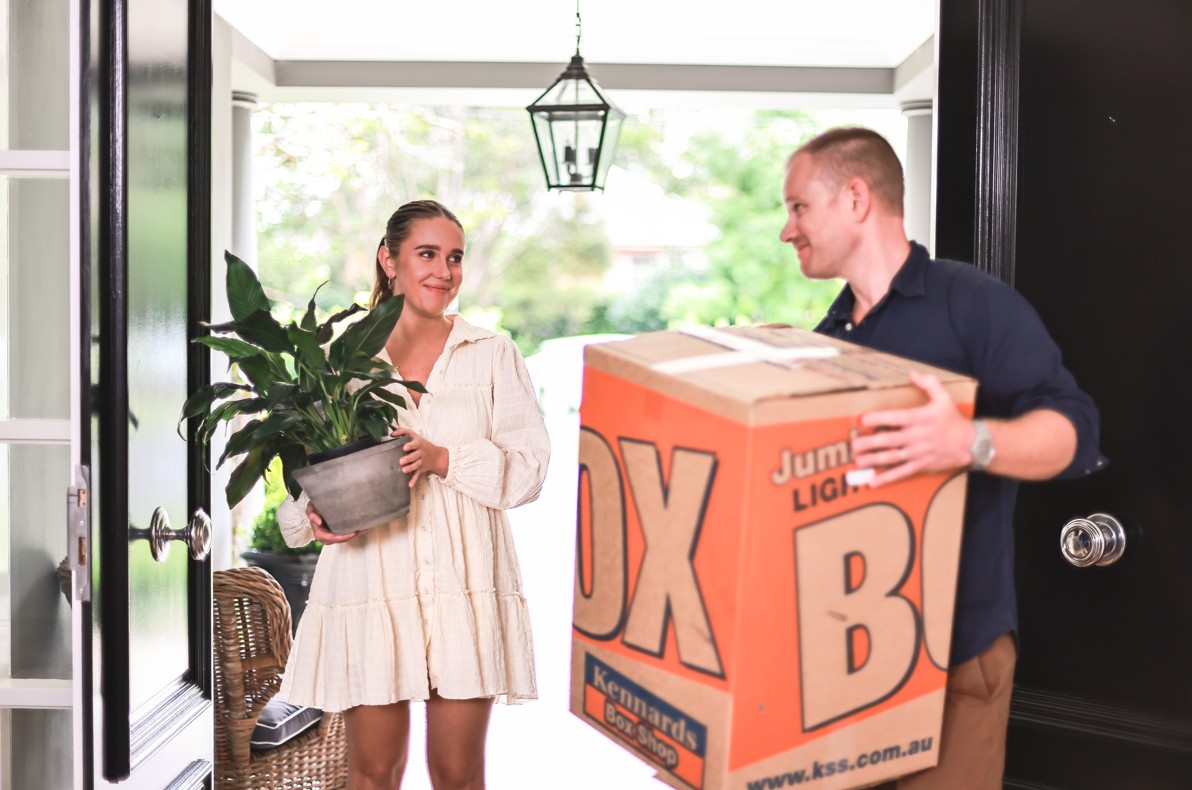
ABS Census data shows that since 1991 the rental population in Australia has grown from 26.9% to 31% and home ownership has dropped from 68.6% to 66%.
This means almost as many Aussies now rent as own their property outright, with 32% of households own their home without a mortgage.

Pros and cons of renting
LJ Hooker’s head of property investment management Amy Sanderson says there are pros and cons of renting:
Live where you want to live
“Renting often allows you to live in an area where you love, but can’t afford to buy into,” she says.
“It can allow you to enjoy a lifestyle that would otherwise be unachievable if you were servicing a mortgage.
Fewer maintenance costs
“Renting also allows you to live in a property without the same running costs as owning – no repairs, maintenance, council rates or levies,” Sanderson said.
This also means that any time something goes wrong with the property it’s the responsibility of the landlord to fix the issue.
Can allow tenants to rentvest
Renting doesn’t have to exclude people from owning a property, said Sanderson.
“Rentvesting” – buying an investment property in a cheaper location and renting a home elsewhere – offers a way into the market.
“A tenanted investment property can help you service a mortgage, puts you on the property ladder and allows you to claim appropriate tax deductions.”
The ability to move without paying stamp duty
Long-term renting often suits people, Ms Sanderson said. What tenants look for though differs.
“Whether you’re fresh out of home, a couple in their 30s or a family of four, you’ll be looking for different features in a property,” she said.
When renters’ lifestyles change they can easily swap houses, neighbourhoods and even cities when they need to.
Cons of renting
While the comparably lower costs and increased flexibility of renting are attractive, there are downsides.
You can’t make changes to the property
Tenants can’t make changes to the property without the permission of their landlord, Ms Sanderson explained:
“But there are other ways to put your own impression on the property through standalone photo frames, furniture and other individual items that don’t impinge on the property.”
You may be forced to leave if the landlord sells
Just as renters’ lifestyle changes, so too do the landlord’s from time to time and they may decide to sell or renovate the property.
When this happens the tenant may be given notice to vacate, but the landlord is required by law to give adequate notice.
The value of being a renter
Good, reliable tenants should understand their value in the marketplace, Ms Sanderson explained.
“Long-term renters need to know that if they pay their rent on time and maintain the property as though it was their own, they can be real assets to their landlord.
“I know landlords who have decided against increasing the rent at lease renewal time because they’ve been pleased with the conduct of tenants,” she said.
Also, if an existing tenant refuses to pay more rent, the cost of re-advertising the property and time spent searching for new tenants often negates any increase in money, Sanderson explained.
“When a tenant feels at home, this is often where the magic happens – long-term tenancy, with rent paid on time and a property well cared for. Also care and consideration for the neighbours, which is great for everyone involved.”
Written by Erin Delahunty, Property Journalist and published to Realestate.com.au

